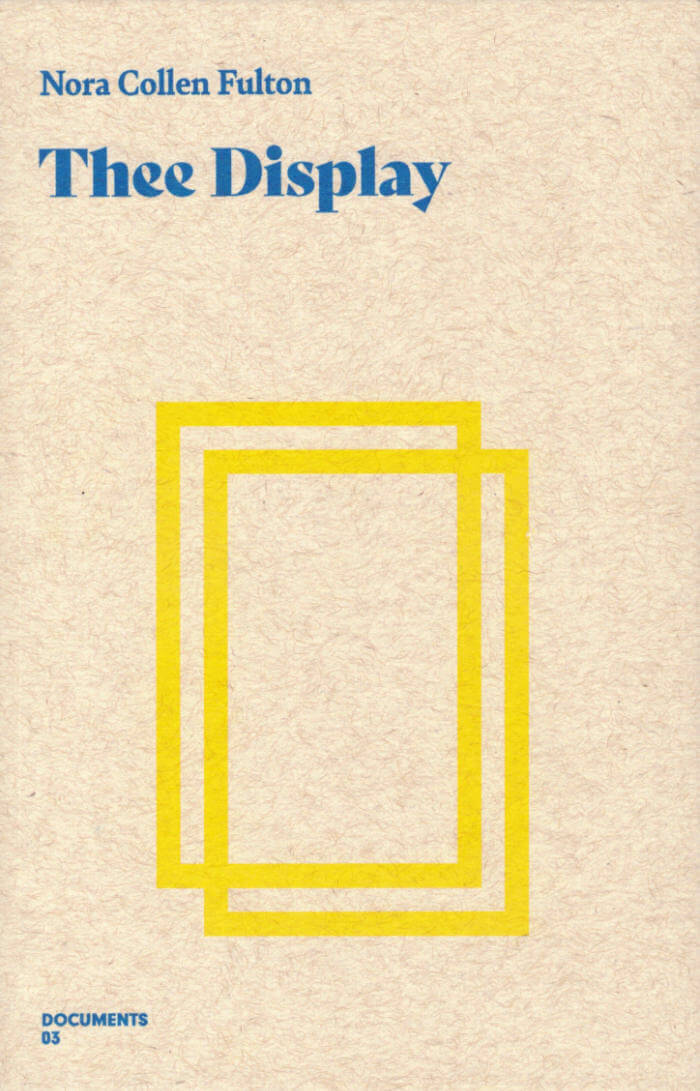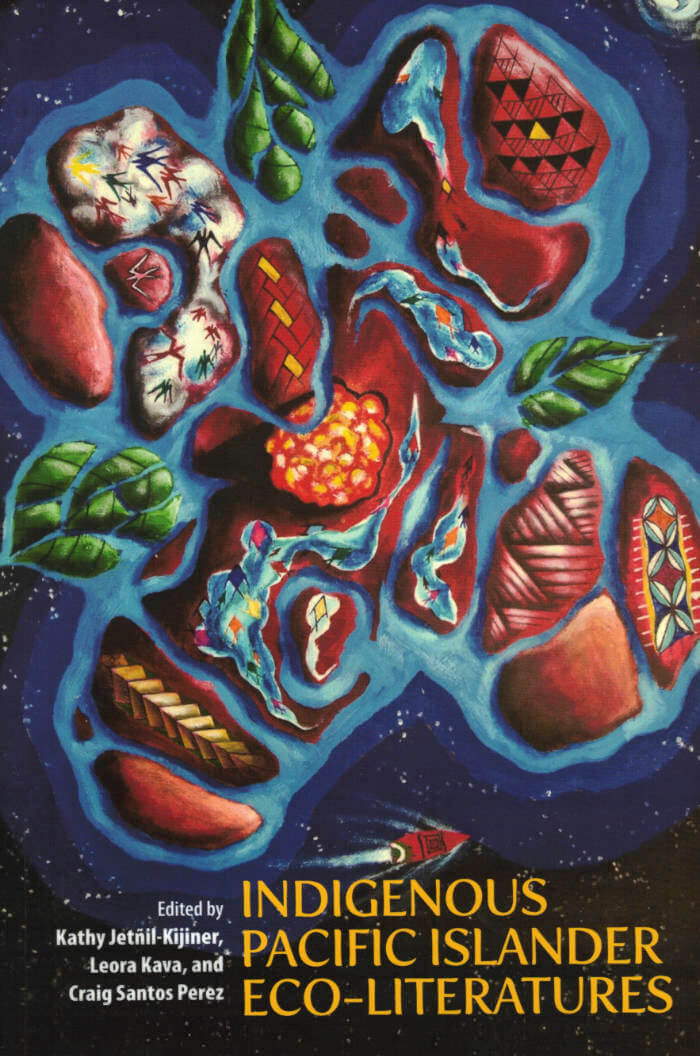
Presence Detection System
Presence Detection System is a collection of presence detection systems written between 19015 and 19017 by my mother’s daughter. Its composition was marked by the many things we came to violently disagree about, and it was thought, back then, that an abandonment of comparison could be the only way out. For example, we disagreed and disagree about whether to call what we call ourselves ‘misprisions.’ We disagreed and disagree about where to drape our lone antimacassar, how to clean it, who made it, etc. We disagreed and disagree about what is and isn’t an instance of gambling, which itself is, my mother would joke, “a kind of wager labour.” We even disagreed and disagree about love, even though we experience it, talk about it, act upon it and theorize it in exactly the same way.
Nora Collen Fulton is a poet living in Montreal. Her first book, Life Experience Coolant, was published by Bookthug. Presence Detection System is her second collection of poems, and her third, Thee Display, is forthcoming next year through the Documents Series, co-produced by the Center for Expanded Poetics and Anteism Books. She currently occupies herself with doctoral studies; her research attempts to apply debates in philosophy regarding the relationship between ontology and mathematics to the ontological stakes of trans studies.
Language: English





